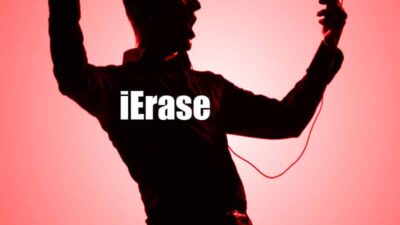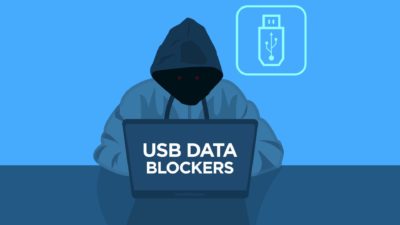 What is your most cynical vision of the future?
What is your most cynical vision of the future?
That’s a good one. I’m genuinely excited about the future, but it’s clear that there’s jeopardy. I don’t know if you’ve read Martin Amis’ short-story collection Einstein’s Monsters. He’s writing about the post-splitting-the-atom universe. In an essay at the start, he writes about feeling sick in his stomach because he can’t escape the mathematical implications of there being all these nuclear weapons around the world and the odds of them going wrong. He’s putting his kids to bed, and he just can’t put that thought out of his head. He wrote that in the late Eighties or early Nineties, when there were vaguely organized control systems to hold back Einstein’s monsters. What are the odds now?
What’s changed?
We don’t know where Einstein’s monsters are. Are they moving around the world? Are they coming to my city? If you talk about a demonic view of the world, that’s my first thought. Unless things calm down, it is clear that if you want to take out the head of a nation, you probably can. Now that’s always been true, as we found out in the Sixties, but in the future, I can imagine a situation in which heads of state no longer have a set residence. And it also might be true that you can take a city out if you really want to.
It is absolutely the monster in the room. And you feel it here in Manhattan. You must. But of course you don’t talk about it. You don’t think about it. But it must change the way you walk. And it must change the shape of your day in some tiny, tiny little increment. That thought is in the back of your head.
So we’re in the era of asymmetrical war. The greatest army cannot protect you from hatred that gets busy and organized and has enough of an audience to protect it. There’s a moment. Was that true of Caesar? Was that true of Napoleon? No. Might was always right. Strangely, we have now entered a phase where being powerful and having the biggest nuclear arsenal leaves you completely defenseless.
Now let’s flip that. That could be a positive. Because if for the first time in history, military capacity doesn’t protect you, what would? It would point us in the direction of prevention, rather than protection. When I’m arguing for increased aid to Africa, I always say, “Isn’t it cheaper and smarter to make friends out of potential enemies than to defend yourself against them later?”

[Read More of the Interview @: RollingStone]

Frank Wilson is a retired teacher with over 30 years of combined experience in the education, small business technology, and real estate business. He now blogs as a hobby and spends most days tinkering with old computers. Wilson is passionate about tech, enjoys fishing, and loves drinking beer.





















 The Ends of the Earth: NBC Attempts World’s First Bipolar Live Broadcast from Antarctica and The North Pole
The Ends of the Earth: NBC Attempts World’s First Bipolar Live Broadcast from Antarctica and The North Pole
Leave a Reply